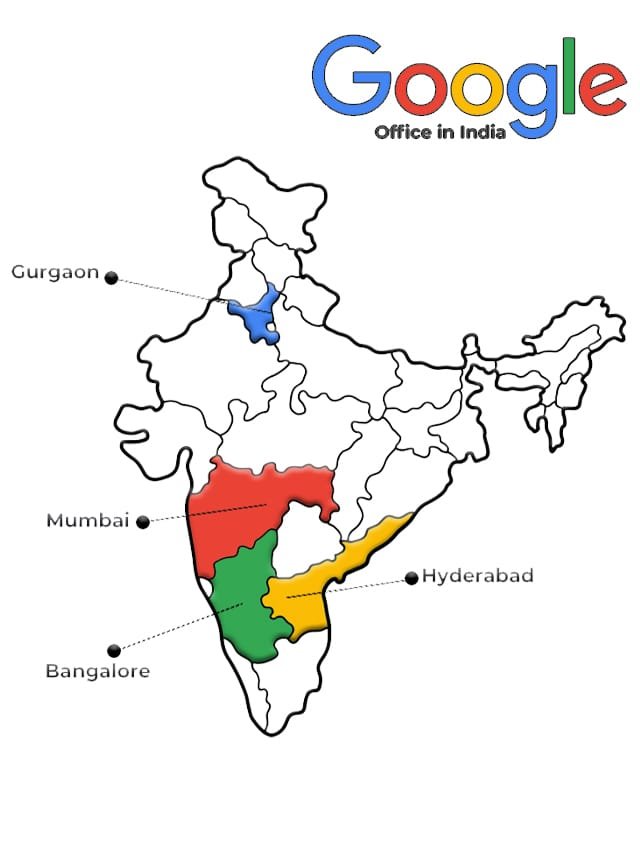Are you a fresh graduate wondering how to break into the finance industry? Do you feel overwhelmed by the competitive nature of finance jobs? You’re not alone. Many new graduates face the same challenges when trying to start their finance careers. This comprehensive guide will walk you through everything you need to know to secure an entry-level finance job and set you on the path to a successful finance career.
Why Choose a Career in Finance?
Finance is a dynamic and rewarding field that offers numerous opportunities for growth and advancement. As a fresh graduate, entering the finance industry can be a smart move for several reasons:
- High Earning Potential: Finance jobs are known for their lucrative salaries and bonuses.
- Career Growth: The finance sector offers clear paths for career advancement.
- Diverse Opportunities: From investment banking to financial planning, there are various niches you can explore.
- Global Opportunities: Finance professionals are in demand worldwide, providing opportunities for international careers.
Steps to Getting a Finance Job as a Fresh Graduate
1. Understand the Industry
Before diving into the job hunt, it’s crucial to understand the different areas within finance. Here are a few key sectors:
- Investment Banking
- Corporate Finance
- Financial Planning and Analysis
- Asset Management
- Insurance
- Accounting
2. Get Relevant Education
A degree in finance, accounting, economics, or a related field is often a prerequisite for finance jobs. Ensure your coursework includes subjects like:
- Financial Accounting
- Corporate Finance
- Investment Analysis
- Risk Management
- Economics
3. Gain Practical Experience
Internships and part-time jobs can provide invaluable experience. Consider the following:
- Internships: Look for internships at banks, financial institutions, or corporate finance departments.
- Part-time Jobs: Work as a bank teller, financial assistant, or any role that gives exposure to financial operations.
- Volunteer Work: Offer your skills to non-profits or student organizations that require financial management.
4. Obtain Certifications
Certifications can make you stand out in the competitive finance job market. Some highly regarded certifications include:
- Chartered Financial Analyst (CFA)
- Certified Public Accountant (CPA)
- Financial Risk Manager (FRM)
- Certified Financial Planner (CFP)
5. Build a Strong Resume
Your resume should highlight your education, experience, and skills. Include:
- Educational Background: Detail your degree(s) and relevant coursework.
- Work Experience: Include internships, part-time jobs, and volunteer work.
- Skills: List skills such as financial analysis, Excel proficiency, and familiarity with financial software.
6. Network
Networking is crucial in the finance industry. Attend industry events, join finance-related groups, and connect with professionals on LinkedIn. Networking can provide job leads and valuable insights.
7. Prepare for Interviews
Finance interviews can be rigorous, often including technical and behavioral questions. Prepare by:
- Practicing Common Questions: Review typical finance interview questions.
- Understanding Financial Concepts: Be ready to explain financial statements, valuation methods, and market trends.
- Mock Interviews: Conduct mock interviews with friends or mentors to improve your confidence and performance.
Useful Lists for Finance Job Seekers
Top Entry-Level Finance Jobs for Fresh Graduates
| Job Title | Average Salary (USD) | Key Responsibilities |
|---|---|---|
| Financial Analyst | $60,000 | Analyzing financial data, forecasting, budgeting |
| Investment Banking Analyst | $85,000 | Assisting with M&A, financial modeling, presentations |
| Financial Planner | $65,000 | Advising clients on financial strategies |
| Risk Analyst | $70,000 | Identifying and analyzing financial risks |
| Accountant | $55,000 | Managing financial records, auditing |
READ MORE: How to Get a Job in Marketing with No Experience
Frequently Asked Questions (FAQs)
1. What skills are essential for a finance career?
- Analytical Skills: Ability to analyze and interpret financial data.
- Communication Skills: Clear communication of financial concepts.
- Detail-Oriented: Accuracy in financial reporting and analysis.
- Technical Skills: Proficiency in Excel and financial software.
2. Do I need a master’s degree for a finance job?
While a bachelor’s degree is sufficient for many entry-level positions, a master’s degree (e.g., MBA) can enhance your prospects, especially for higher-level roles.
3. How important are internships in finance?
Internships are crucial as they provide practical experience, help build a network, and can often lead to full-time job offers.
4. What certifications are beneficial for finance professionals?
Certifications like CFA, CPA, FRM, and CFP are highly regarded and can significantly boost your credentials.
5. How can I improve my chances of getting a finance job?
- Network Actively: Connect with industry professionals.
- Stay Informed: Keep up with industry trends and news.
- Develop Soft Skills: Improve communication, teamwork, and problem-solving skills.
Closing Note
Securing a finance job as a fresh graduate may seem daunting, but with the right approach, dedication, and preparation, you can achieve your career goals. Remember, every step you take brings you closer to your dream job in finance.
Thank you for reading! For more tips, updates, and opportunities, join CourseBhai through social media, push notifications, and our newsletter. Stay informed and stay ahead in your finance career journey.











